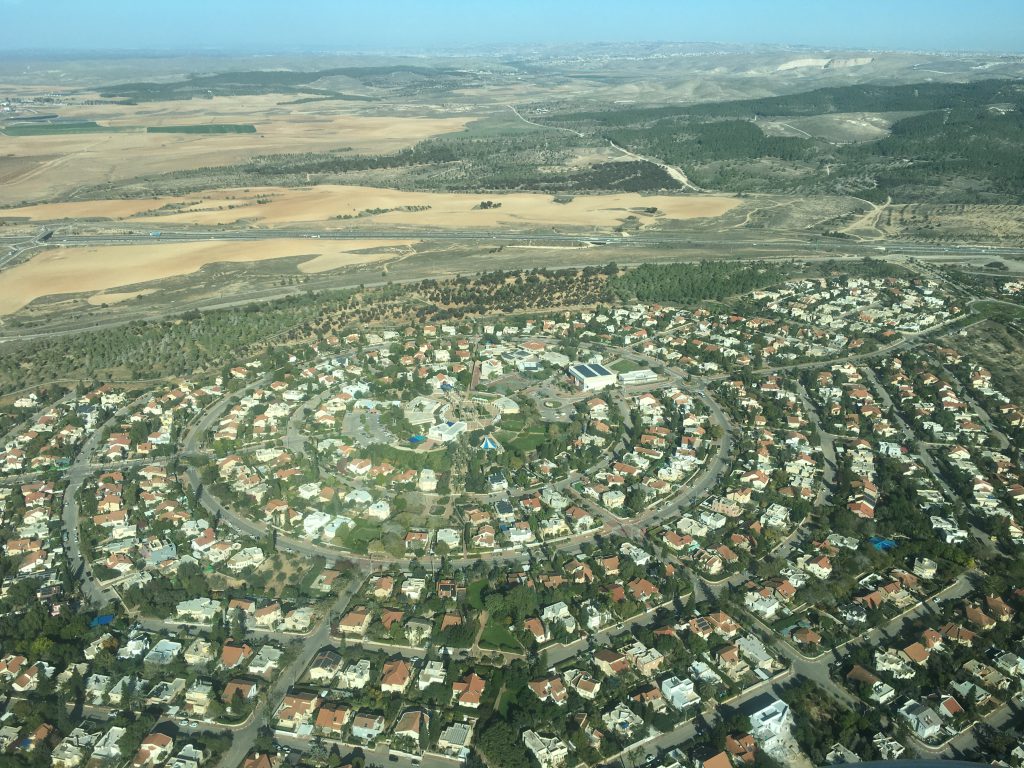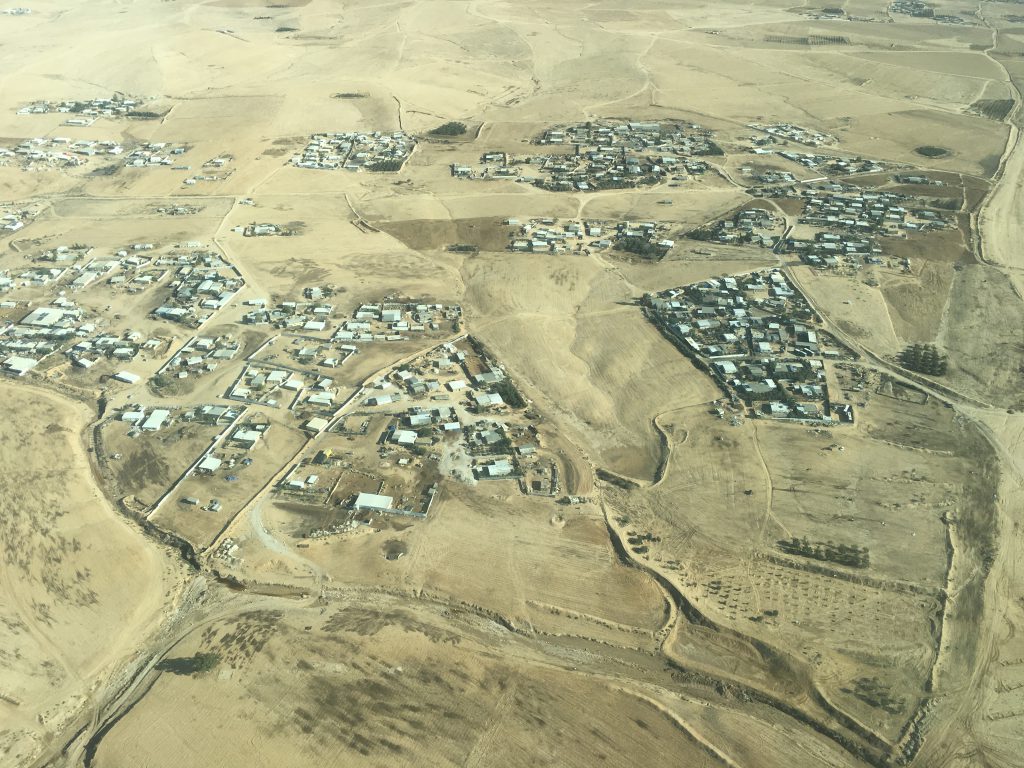
Today (Sunday) the Israeli government approved the establishment of 5 new settlements in the Mevo’ot Arad region, including a new Bedouin settlement. Regavim called the decision a “positive and proactive Zionist settlement policy decision.”
The Regavim Movement welcomed this morning government’s decision to establish five new settlements in the Mevo’ot Arad region. Among the slated new communities is a new all-Bedouin settlement.
Regavim’s statement pointed out that today’s decision affirms decisions taken by the previous government in 2011 and 2014.
“The Mevo’ot Arad region is a strategic area for the State of Israel, and strengthening this region through the establishment of new settlements is an expression of basic Zionist ideals, using planning and regulation of land resources for settlement in a manner that will make the Negev desert bloom. We congratulate Minister of Interior Ayelet Shaked for her leadership in this matter.”
Regavim also welcomed the establishment of a new Bedouin community in the region, provided that it is established in accordance with the planning criteria set for the establishment of the other new settlements in Mevo’ot Arad, and subject to the ‘convergence model’ for relocation of Bedouin squatters formulated by the current government:
“Several months ago, the government approved the establishment of three new settlements and a new supra-tribal city for the Bedouin sector, subject to the ‘convergence model’, which includes detailed identification of the encampment clusters slated for relocation, signed consent and relocation commitments by 70% of those slated for relocation to the new community, and clear deadlines for relocation. These same criteria must be applied to the new community approved in today’s decision.”










